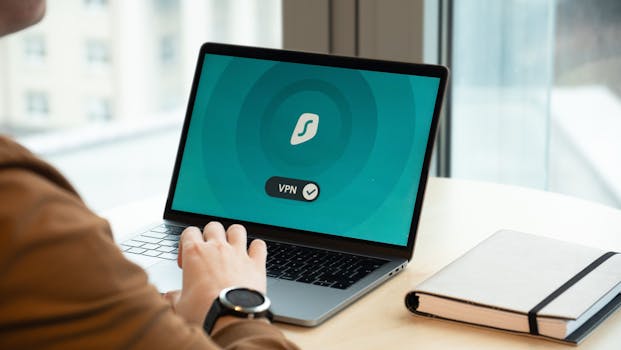You could do a degree, then join a graduate scheme to complete further training to become an auditor.
Employers will accept a range of degree subjects. Relevant subjects include:
- accountancy
- economics
- business and finance
- IT and computing
Entry requirements
You'll usually need:
- 4 or 5 GCSEs at grades 9 to 4 (A* to C), or equivalent, including English and maths
- 3 A levels or equivalent





